Why & What’s kosher
Kosher Certification:
A Guide for Arab Exporters .
Kosher certification is a process that ensures that products comply with Jewish dietary laws. It is a growing market, especially in the United States , it’s essential to enter big chain grocery stores, where there is a large Jewish population with a strong demand for kosher food.
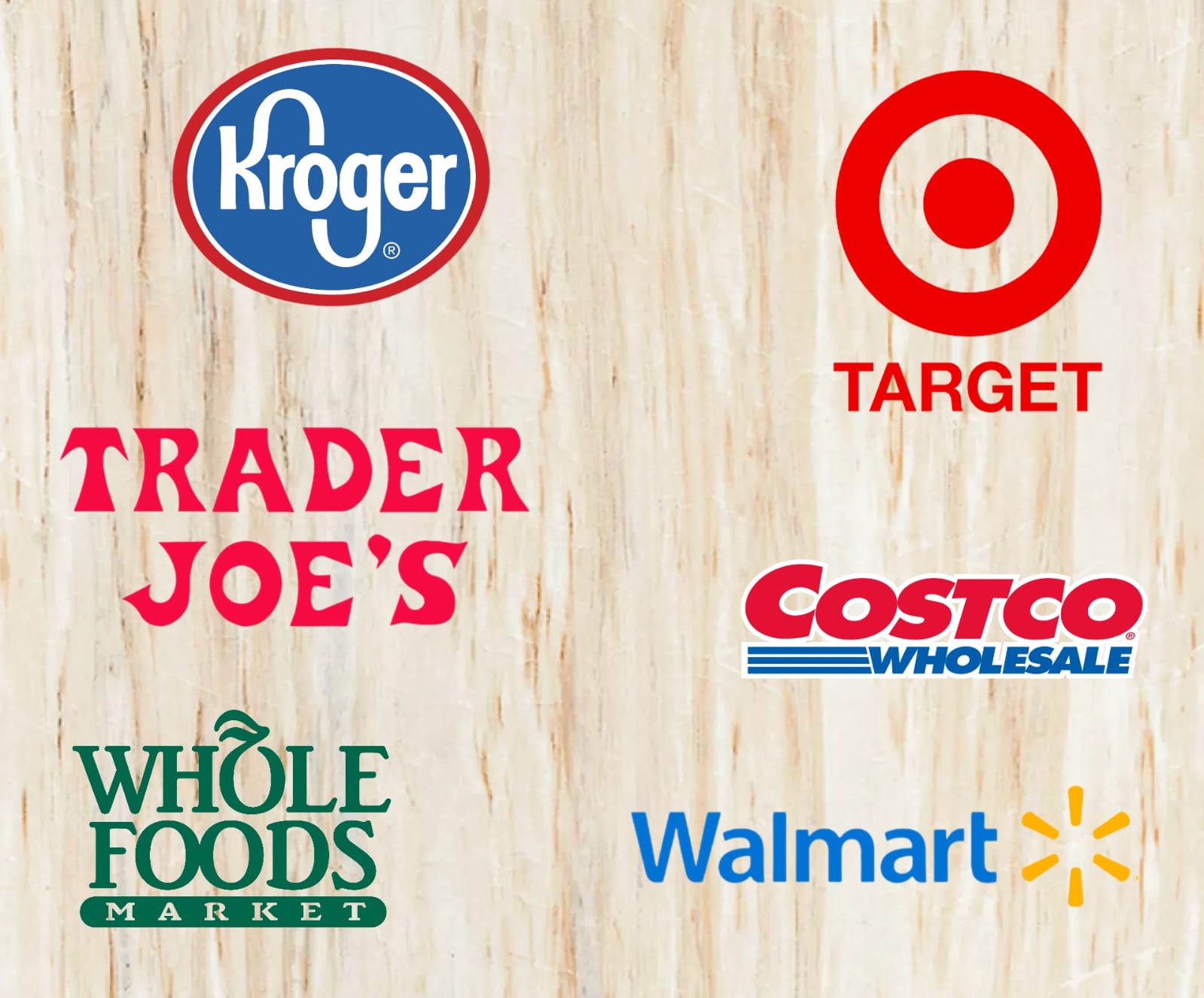
How Kosher Certification Works
The kosher certification process involves a thorough inspection of the production facilities, ingredients, and manufacturing processes. A rabbi or a kosher certification agency will review the company’s operations to ensure that they adhere to kosher standards. Once certified, the product can be labeled as kosher, which can help it gain access to the kosher market.
A Deeper Dive into Kosher Certification
Before delving into the benefits of kosher certification, it’s essential to understand the term “kosher” itself. Derived from the Hebrew word “casher,” meaning “fit” or “proper,” kosher refers to food items that adhere to Jewish dietary laws. These laws are outlined in the Torah, the central religious text of Judaism.
The concept of kosher food dates back thousands of years. It’s deeply rooted in Jewish traditions and beliefs about purity, health, and the relationship between humans and the natural world. Over time, these laws have evolved and been interpreted in different ways by various Jewish communities.
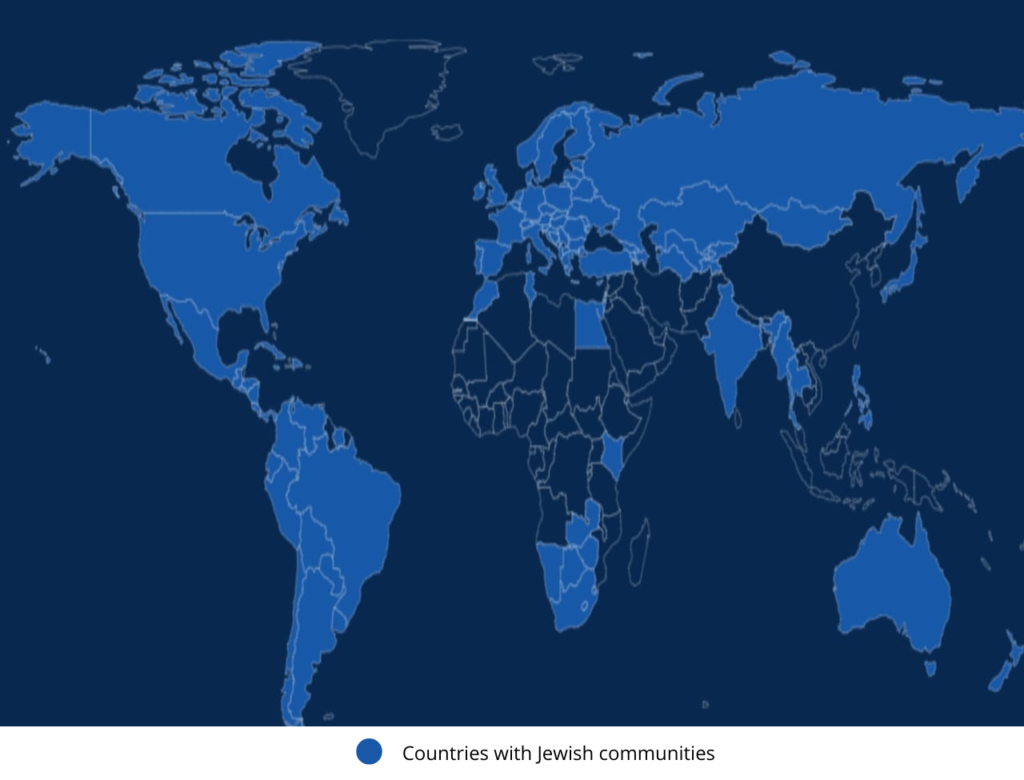
What is Kosher?
Kosher means suitable for Jewish dietary laws.
French: Kasher ( certificat casher ) signifie conforme aux lois alimentaires juives.
كاشير ( شهادة كوشير ) تعني (صالح ) مناسب للقوانين الغذائية اليهودية
Kosher food must meet several criteria:
Meat and Poultry: Animals must be slaughtered according to specific ritual procedures, and their blood must be completely drained. The meat must also be separated from dairy products.
Dairy: Dairy products must come from kosher animals (such as cows, sheep, and goats) and be processed under kosher supervision.
Wine: Wine must be produced from grapes grown and processed according to kosher laws.
Fruits and Vegetables: Fruits and vegetables are generally considered kosher, but they must be free from insects or other impurities.
What is Not Kosher?
Pork: Pigs are considered unclean animals in Jewish law.
Shellfish: Most shellfish, such as shrimp, crab, and lobster, are not kosher.
Blood: The consumption of blood is forbidden in Jewish law.
Certain Insects: Some insects, such as locusts, are considered kosher, but most others are not.
Treif: This term refers to food that does not meet kosher standards due to various reasons, such as improper preparation or the use of non-kosher ingredients.
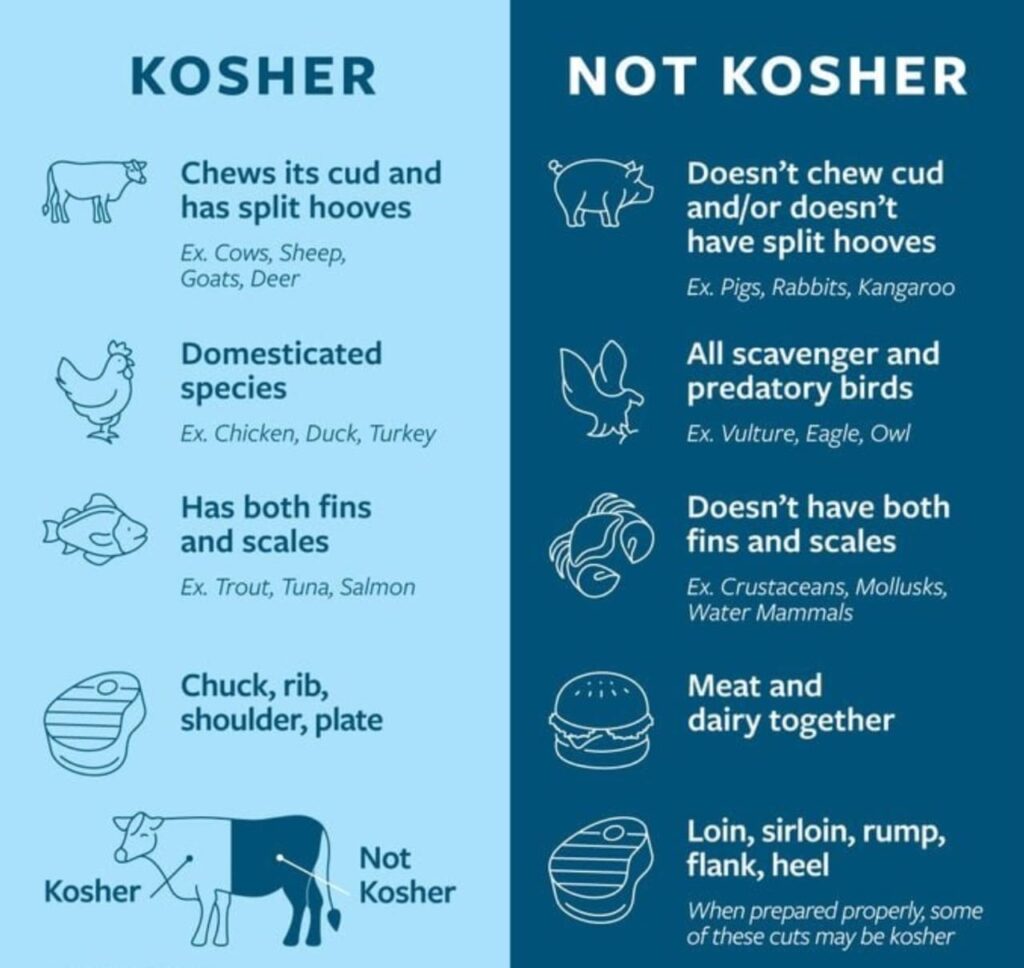
By understanding the intricacies of kosher law, Arab exporters can ensure that their products meet the necessary requirements to be certified as kosher. This certification can open up new markets, enhance brand reputation, and increase sales.
Kosher Dairy and Meat
Kosher dietary laws are a significant factor in the global food market. For exporters dealing with dairy and meat products, understanding these laws is essential to ensure their products comply with Jewish dietary requirements.
Milk and Dairy Products
. Kosher Animals: Only milk from kosher animals, such as cows, sheep, and goats, is considered kosher.
. Supervision: Dairy production must be supervised by a rabbi to ensure that the process adheres to kosher standards.
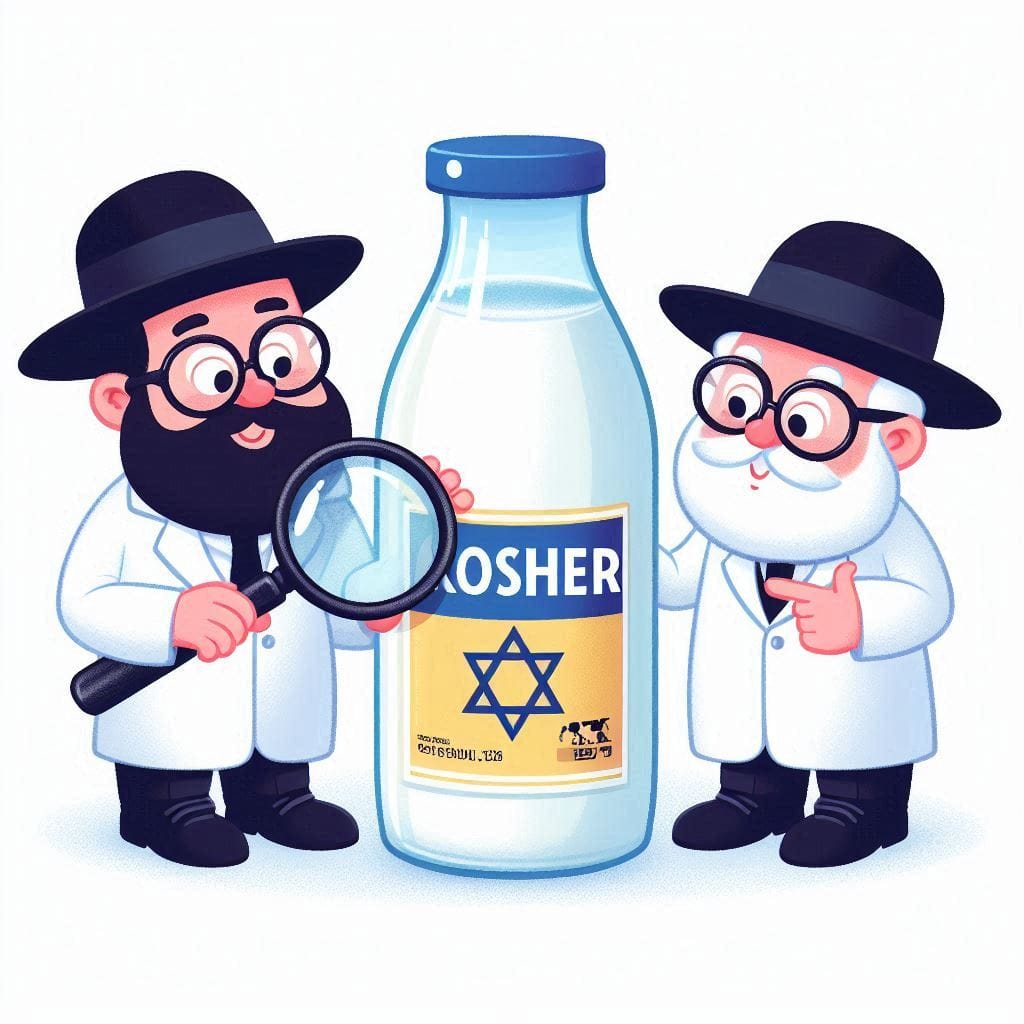
. Milk and Meat Separation: Kosher law strictly prohibits the mixing of milk and meat products. Separate utensils, equipment, and even kitchens are required for handling these two food groups.
Meat and Poultry
Kosher Animals: Only certain animals are considered kosher for consumption. These include cattle, sheep, goats, deer, and certain birds.
Shechita: The slaughter of animals must be performed according to a specific ritual known as shechita. A trained rabbi or shochet performs the slaughter, ensuring that the animal is killed quickly and humanely.
Blood Removal: Blood must be completely drained from the meat. This is achieved through a process called kashering.
Treif: Meat that does not meet kosher standards is considered treif and is prohibited for consumption. This includes meat from non-kosher animals, meat that has not been slaughtered properly, or meat that contains blood.
Kosher for Passover:
Passover, a Jewish holiday commemorating the Exodus from Egypt, has unique dietary laws. Arab exporters can tap into this market by understanding “kosher for Passover.”
History of Passover
Passover commemorates the Israelites’ liberation from slavery in ancient Egypt. During a Seder, the story of the Exodus is recounted, and symbolic foods are consumed.
Key Principles of Kosher for Passover
Matzah: Unleavened bread.
Chametz: Leavened foods are prohibited.
Kitniyot: Some legumes are avoided.
Gelet: Gelatinous substance is prohibited.
Opportunities for Arab Exporters
Obtain Kosher Certification: Ensure your products adhere to Jewish dietary laws.
Understand Dietary Restrictions: Familiarize yourself with chametz, kitniyot, and gelet.
Label Products Clearly: Indicate kosher for Passover on product labels.
Network with Kosher Retailers: Build relationships to expand your market.
Consider Customization: Offer Passover-friendly products or recipes.

By following these guidelines, Arab exporters can successfully navigate the kosher for Passover market and capitalize on the increased demand during this holiday season.
Star-K: Your Kosher Gateway
Star-K Kosher Certification, a top global agency based in the U.S., certifies over 50,000 products and 1,500+ companies, including Nestlé, Coca-Cola, and Pompeiane. It’s a key partner for exporters targeting the U.S., Canada, and Europe.
For Arab exporters (Tunisia, Algeria, Morocco), Star-K offers Arabic-speaking support, halal-compatible guidance, and efficient service. Kosher certification boosts value, trust, and access to loyal buyers—key for dates, olives, and olive oil.
Star-K is a gateway to the kosher market’s prestige and opportunities
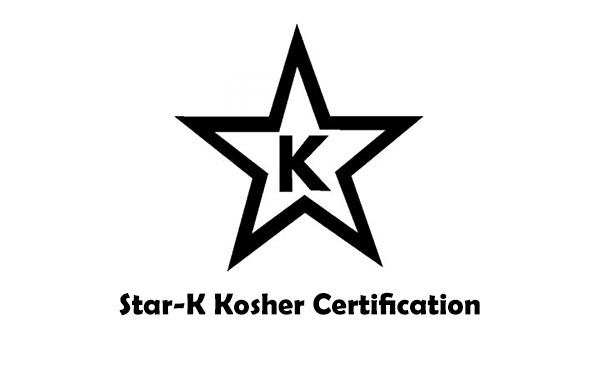
Casher Certification
To ensure that their products comply with kosher laws, exporters should obtain kosher certification from a reputable organization. This certification involves a rigorous inspection of the production facilities, ingredients, and manufacturing processes.
By understanding the specific requirements for kosher dairy and meat products, exporters can ensure that their products meet the needs of Jewish consumers and expand their market reach.
The Benefits of Kosher Certification for Arab Exporters
Kosher certification can offer several benefits for Arab exporters of olives, olive oil, dates, herbs, juices, and other products. Here are four main reasons why:
1. Increased Market Access: Kosher certification can significantly increase the market access for Arab exporters. The United States is a major market for kosher products, and obtaining certification can help Arab exporters tap into this lucrative market.
2. Enhanced Brand Reputation: Kosher certification can enhance the brand reputation of Arab exporters. Consumers who follow kosher dietary laws often seek out products with a kosher certification. By obtaining certification, Arab exporters can demonstrate their commitment to quality, authenticity, and adherence to strict standards, and stand out from the competitors.
3. Appeal to a Wider Audience: While kosher certification is primarily sought by Jewish consumers, it can also appeal to a wider audience. Many consumers, regardless of their religious affiliation, associate kosher certification with high-quality, safe, and wholesome products. This can lead to increased sales and brand recognition.
4. Significant Market Growth: The kosher market is experiencing robust growth, with sales increasing by an average of 10-15% per year. This presents a significant opportunity for Arab exporters to expand their market share and boost their revenue. According to recent estimates, the global kosher market is valued at over $292 billion, and it is expected to continue growing in the coming 15 years.
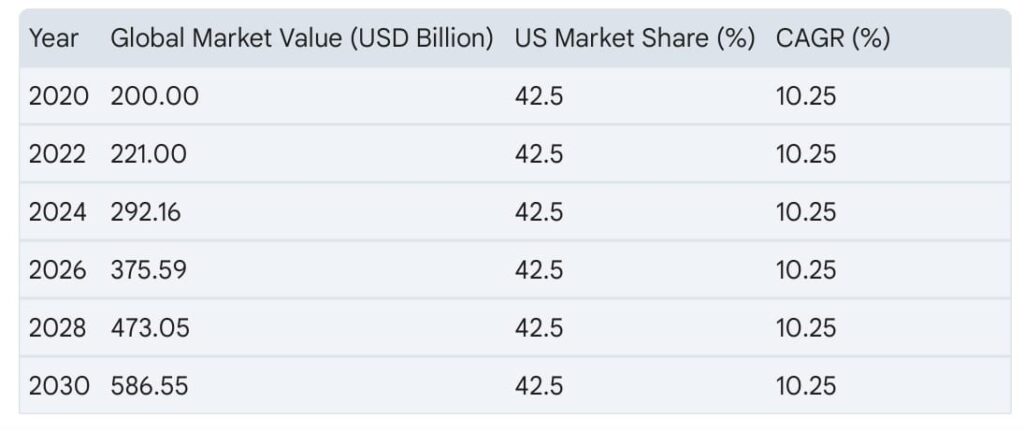
Conclusion
Star-K certification is a valuable tool for Arab exporters of natural and processed products . By understanding the process and the benefits involved, exporters can make informed decisions about whether certification is right for their business.
Get Certified with Us
If you’re an Arab exporter looking to obtain kosher certification, we can help. As a Tunisian office with strong relationships with American agencies, we offer expert guidance and support throughout the certification process. Our team of professionals speaks Arabic and is dedicated to providing exceptional customer service.
Contact us today to learn more about how we can help you enter the kosher market and grow your business.
Join Us